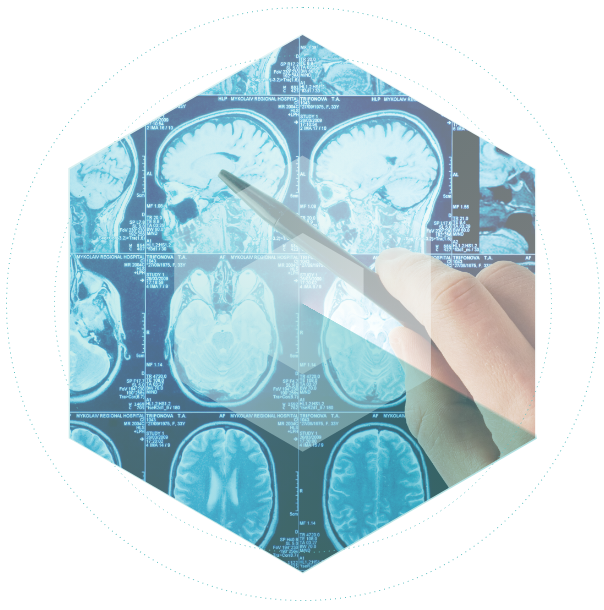MEMORY, TIME AND SPACE LAB
Neuropsychology
of memory, time and
space processes

OUR LAB
Investigating the neurocognitive mechanisms of memory, time and space
Memory, Time and Space Laboratory investigates the neural mechanisms supporting the interplay between memory, space and time, using advanced approaches of functional and structural neuroimaging, as well as neuropsychological evidence.
Memory Time and Space Lab is led by Maddalena Boccia and based at the Department of Psychology of Sapienza University of Rome.
TEAM
Our research group leverages advanced functional magnetic resonance imaging (fMRI), and neuropsychological evidence, to disclose the interplay between memory, time and space processing. We are a multidisciplinary team, including neuroscientists, neuropsychologists and a neuroradiologist

TEAM
Our research group leverages advanced functional magnetic resonance imaging (fMRI), and neuropsychological evidence, to disclose the interplay between memory, time and space processing. We are a multidisciplinary team, including neuroscientists, neuropsychologists and a neuroradiologist.
OUR INTEREST
An overview of our research topics


Memory
Autobiographical memory can be roughly divided into an episodic and a semantic component. The former encompasses events with a unique spatiotemporal context. (…)

Time
An accurate coding of the duration and timing of events is essential to most sensory and cognitive processes, from audio-visual perception to complex forms of planning. (…)

Space
The ability to navigate successfully through environmental space encompasses the ability to retain the spatial layout of an environment, to find a route connecting two locations (…)
OUR INTEREST
An overview of our research topics
Memory
Autobiographical memory can be roughly divided into an episodic and a semantic component. The former encompasses events with a unique spatiotemporal context. (…)
Time
An accurate coding of the duration and timing of events is essential to most sensory and cognitive processes, from audio-visual perception to complex forms (…)
Space
The ability to navigate successfully through environmental space encompasses the ability to retain the spatial layout of an environment, to find (…)
ATENA
Autobiographical memory, Time and Environmental NAvigation: unveiling the cognitive map of our past through an integrated neuropsychological perspective.

FUNDINGS

La memoria autobiografica: viaggio nei ricordi di ognuno di noi
SDAM: Severely deficient autobiographical memory.
Ti è mai capitato di pensare di non ricordare cose della tua vita che dovresti ricordare? Questa cosa capita fin da bambino a te o a qualcuno che conosci?

Autobiographical memory varies largely across individuals. In 2015, Palombo and colleagues described the first three cases of “severely deficient autobiographical memory” (SDAM). These individuals reported a lifelong specific inability to re-experience personal past events, in spite of otherwise normal cognitive functioning, and without any known brain injuries or neurological disorders. We are interested in understanding neurocognitive mechanisms of developmental autobiographical memory deficits. To this aim we use behavioral testing, including paper and pencil and computerized tasks, and magnetic resonance imaging. IIf you are interested in learning more on our research on the topic or if you think this description resembles your memory abilities contact us!
Are you interested in learning more?





